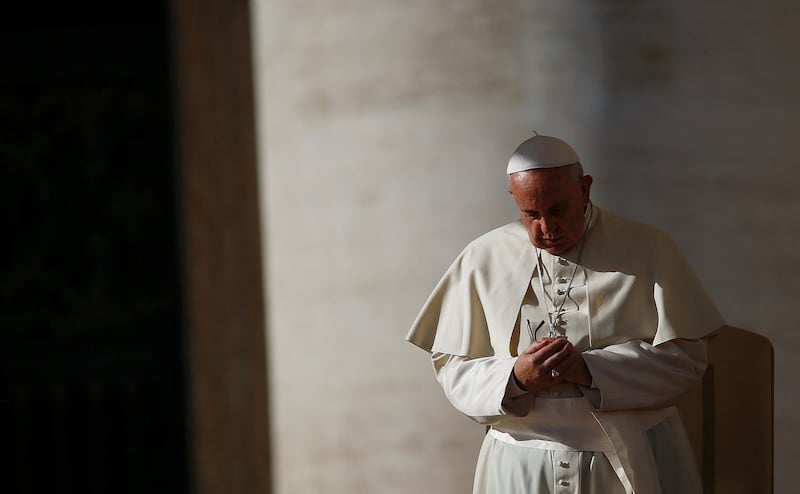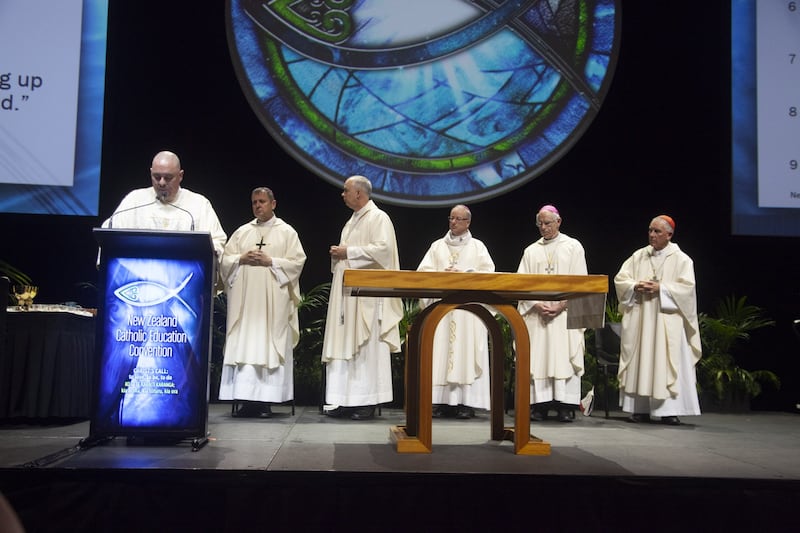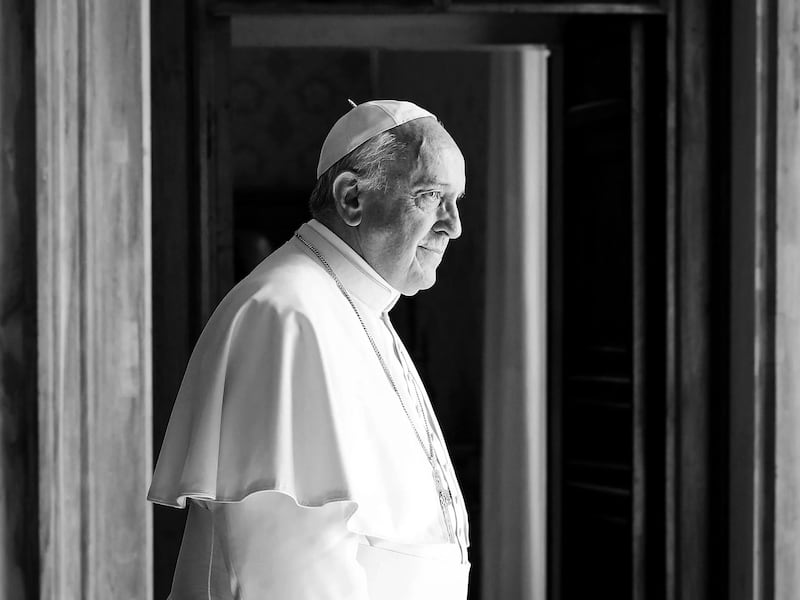More than a billion Catholics around the world are mourning the death of Pope Francis this week, and among them are Māori Catholics, who say they are grieving the loss of a “trailblazing” leader of the Catholic Church.
Known affectionately as Pāpā Werahiko by many Māori Catholics, Pope Francis is remembered as a man of deep humility and compassion, particularly for marginalised communities, including the poor, LGBTQIA+ individuals, and Indigenous peoples around the world.

Te Tai Tokerau kaumātua for the Church, Bobby Newson, says the late Pope’s humility extended beyond his public ministry and into the way he lived his daily life.
“Ahakoa tāna noho, horekau ia i hiahia ki te noho i roto i te whare me pēnei i te ‘castle’ i noho ai te nuinga o ngā Pāpā, ngā Popa i mua atu i a ia. Kua haere kē ia ki tētahi o ngā whare i te taha o tērā. He whare manuhiri tērā, ka noho ia i reira.”
Reforming the Church
Appointed Pope in 2013, Francis led significant efforts to reform the Church to better reflect the realities of contemporary society.
He expressed openness to greater responsibilities for women, made public apologies for the Church’s historical mistreatment of Indigenous communities, and addressed issues of abuse within the institution.
In 2022, during a visit to Canada, Pope Francis delivered a historic apology to First Nations peoples for the Catholic Church’s role in the residential school system, where more than 4,000 children died and many others suffered physical and sexual abuse.
Former Vicar for Māori in the Catholic Archdiocese of Wellington, Deacon Danny Karatea-Goddard, described Pope Francis as a transformative leader who set aside traditional thinking in favour of open and inclusive dialogue.

“E kaha akiaki ki te manaaki i ngā tāngata katoa o te ao. Ahakoa, takatāpui mai, ahakoa tāne mai, wahine mai, Māori mai. Ko te tikanga o te Karaitiana, me manaaki tātou i a tātou, ahakoa nō hea koe, ahakoa te tae o tō kiri, he aha te āhua o tō noho i tēnei ao.”
Pope Francis also issued written apologies to survivors of sexual abuse, acknowledging the harm caused by the Church over many centuries. While his words resonated with many, critics argued that apologies alone were not enough and that justice for survivors remains a pressing issue.
Newson believes the blame does not rest entirely with the institution, but also with individuals, and says Pope Francis exemplified the values the Church must continue to uphold.
“Kaua tātou e mahi kuhu i ērā mahi. Ki te mahia ērā mahi, me tau anō rā i roto i ngā whakaaro o te tika, te pono me te aroha.”
Ngā mōhukihuki, ngā kāwatawata mō ngā rā ki tua
Kei te Hāhi Katorika te mahi a te tangata, ina rā, koni atu i te kotahi piriona kaiwhakapono kei raro i tōna tāwharautanga, kei ngā whenua maha o te ao. Nā, ko te mahi ināianei, he titiro atu ki te hunga e whakapaetia ana ka noho hei Popa hōu o te hāhi.

Arā ngā katinara nō ngā tōpito e whā o te ao ka karapinepine atu ki te Huinga Popa, ki reira wānangahia ai te tangata ka tū hei Pīhopa hōu o Rōma, ka mutu, 15-20 rā te roa o te wānanga.
Hei tā Karatea-Goddard, ka tika hoki me whai te Popa hōu i ngā tapuwae a Pāpā Werahiko.
“Ko te wawata, ka riro nei tētahi tangata kia haere tonu, kia kawe tonu ngā kupu o Werahiko ki mua. Koirā te wawata o tōku ngākau, kia whai Hāhi Katorika i tētahi tangata he ōrite āna mahi ki ngā mahi a Werahiko.
“Kia kaua tātou e hoki ki te ao kōwhatu.”



